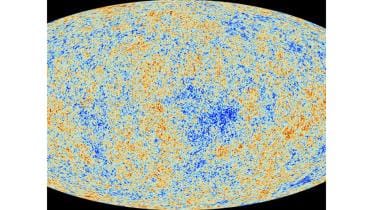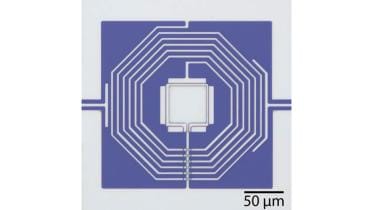Caltech
High school student discovers 1.5 million cosmic objects using AI
A California high school student has made an extraordinary contribution to astronomy by developing an artificial intelligence (AI) system that uncovered 1.5 million previously unknown objects in space. Seventeen-year-old Matteo Paz's work, conducted through Caltech's Planet Finder Academy, has now been published in 'The Astronomical Journal' – a remarkable achievement for a single-author paper by a teenage scientist.
16 April 2025, 05:10 AM
Study may have found evidence of alternate, parallel universes
An astrophysicist says he may have found evidence of alternate or parallel universes by looking back in time to just after the Big Bang more than 13 billion years ago,
4 November 2015, 06:47 AM
Physicist observe and control quantum motion
For the first time, a team of physicists has discovered a way to observe and control quantum motion of an object that is large enough to see.
30 August 2015, 04:52 AM





